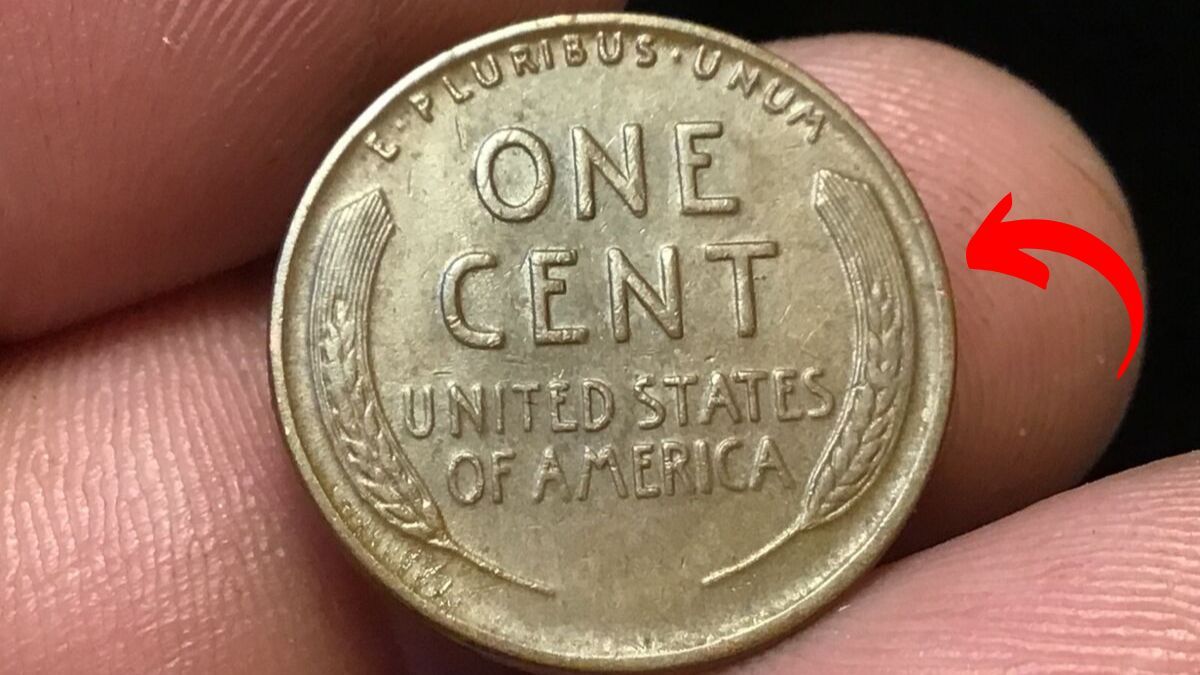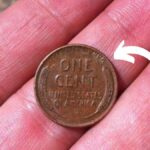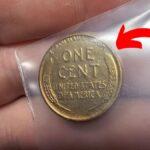In the fascinating world of numismatics, certain coins stand as legendary treasures, commanding prices that transform these small metal discs into multimillion-dollar investments. Among these numismatic jewels, three coins in particular have captured the imagination of collectors and historians alike: the 1894-S Barber Dime, the 1804 Draped Bust Quarter, and the 1776 Continental Dollar. Each of these remarkable pieces tells a unique story of American history while representing some of the most valuable collectibles in existence.
The Legendary 1894-S Barber Dime: A Numismatic Mystery
The 1894-S Barber Dime stands as perhaps the most intriguing rarity in American coinage. In 1894, the San Francisco Mint produced just 24 of these dimes, creating what would become one of the most sought-after coins in numismatic history. The story behind their creation remains shrouded in mystery, with various theories suggesting they were struck either as special presentation pieces for wealthy bankers or as gifts for visiting dignitaries.
What makes the 1894-S Barber Dime particularly fascinating is its survival rate. Of the original 24 coins minted, only nine are known to exist today. Each surviving specimen represents a remarkable piece of American minting history, with their rarity driving values to astronomical heights. The recent sale of one specimen for $35 million demonstrates the extraordinary premium collectors place on these elusive dimes.
The condition of surviving 1894-S Barber Dimes varies, but even examples showing significant wear command prices that would astound the average person. Each coin represents not just a piece of currency, but a tangible connection to a pivotal period in American minting history. The fact that these dimes were produced in such limited numbers, combined with their exceptional quality and historical significance, has cemented their status as numismatic royalty.
The Mysterious 1804 Draped Bust Quarter: A Tale of Delayed Production
The 1804 Draped Bust Quarter presents an intriguing historical puzzle. Despite bearing the date 1804, these quarters were actually produced in the 1830s as special presentation pieces. This unusual circumstance adds an extra layer of intrigue to their already considerable appeal. Only 15 examples are known to exist, making them among the rarest and most valuable quarters ever produced.
The craftsmanship displayed on these quarters is exceptional, even by today’s standards. The Draped Bust design, featuring Liberty with flowing hair on the obverse and an eagle on the reverse, represents some of the finest artistic work ever featured on American coinage. The quality of the striking, combined with their extreme rarity, has driven their value to match that of the Barber Dime, with recent sales reaching the $35 million mark.
Most surviving examples of the 1804 Draped Bust Quarter are carefully preserved in museum collections or held in prestigious private collections. Their existence serves as a testament to the evolution of American coinage and the artistry of early U.S. Mint engravers. Each coin tells a story of both the official date it bears and the actual period of its creation, making them unique historical artifacts.
The 1776 Continental Dollar: A Symbol of American Independence
Perhaps no coin better embodies the spirit of American independence than the 1776 Continental Dollar. Struck during the year of America’s birth as a nation, these coins serve as tangible links to the founding of the United States. Their design features powerful revolutionary symbolism, including a sundial and sun motif that represented the dawn of American freedom.
The Continental Dollar’s design carries deep symbolic meaning. The sundial and surrounding motto “MIND YOUR BUSINESS” spoke to the practical and industrious nature of the early American republic. The chain of thirteen links on the reverse, representing the original colonies, emphasized the unity and strength of the new nation. These design elements make the Continental Dollar not just a coin, but a piece of revolutionary art.
The extreme rarity of surviving Continental Dollars has driven their value to extraordinary levels, with recent sales matching the $35 million achieved by other legendary rarities. Their historical significance as pieces from America’s founding year adds an additional layer of importance beyond their numerical scarcity. Each surviving example serves as a direct connection to the birth of the United States.
The Impact on Modern Collecting
These three extraordinary coins have had a profound impact on the field of numismatics. Their extreme values have helped establish coins as legitimate alternative investments, while their historical significance has enhanced public appreciation for the importance of preserving numismatic heritage. They serve as benchmarks against which other rare coins are measured and have helped establish the standards for grading and authenticating important numismatic pieces.
The Dream of Discovery
While the chances of finding one of these ultra-rare coins in circulation are virtually non-existent, their stories continue to captivate collectors and the general public alike. They represent the ultimate “buried treasure” that might be discovered in an old collection or family heirloom. This possibility, however remote, adds an element of excitement to the examination of old coins and helps drive interest in numismatics as a hobby.
Conclusion: More Than Just Money
The 1894-S Barber Dime, 1804 Draped Bust Quarter, and 1776 Continental Dollar represent more than just extremely valuable coins. They are historical artifacts that tell important stories about American history, art, and culture. Their rarity and value ensure their preservation for future generations, while their stories continue to inspire new collectors and historians.
These coins remind us that sometimes the most valuable things come in small packages, and that history can be preserved in the most unexpected forms. Whether viewed as investments, historical artifacts, or works of art, these remarkable coins continue to captivate audiences and drive the field of numismatics forward. Their legacy serves as a testament to the enduring appeal of rare coins and their ability to connect us with our nation’s past in a tangible and meaningful way.





